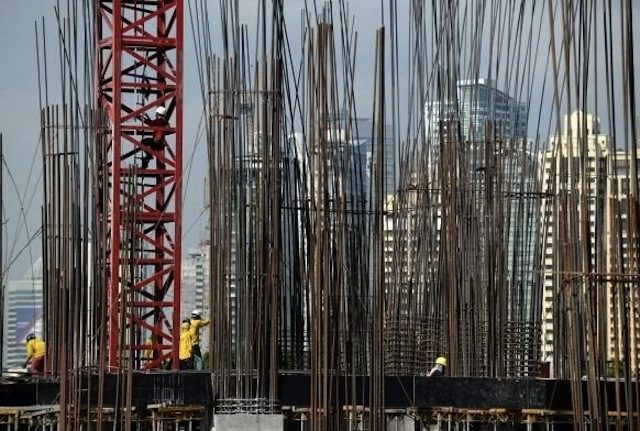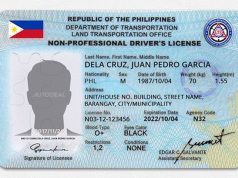MANILA – Some P904.6 billion worth of products have been smuggled into the Philippines from 2011 to 2015, according to the latest study of the Federation of Philippine Industries’ (FPI) Fight Illicit Trade (IT) Movement.
The study, done by the Center for Research and Communication Foundation, Inc. (CRCFI) of the University of Asia and Pacific (UAP), found that smuggling was rampant in these industries: petroleum, steel, resins, wood, cigarettes, sugar, palm oil, and automotive batteries.
The value of smuggled goods was derived by computing the difference of the exports value from the host countries and the import value recorded in the Philippine Statistics Authority (PSA), according to UA&P Professor Rolando Dy.
The largest value of smuggling was recorded in the petroleum industry, amounting to P680 billion, from 2013 to 2015.
This was followed by the steel industry, with smuggled goods valued at P106.1 billion; resin, P42.9 billion; palm oil, P30.9 billion; wood, P24.8 billion; cigarettes, P9.8 billion; sugar, P9.3 billion; and automotive battery, P750 million, from 2011 to 2015 period.
The impact and multiplier effects of the smuggled goods from the eight industries in five years resulted in P495.5-billion losses in the country’s gross domestic product (GDP), P1.1 trillion losses in gross output, P77.2 billion losses in household income, and 291,070 displaced workers.
“Smuggling weaves a vicious network of negative economic repercussions. Its devastating effects on government revenues and industries spawn vicious circles of economic problems,” the study said.
“Smuggling stirs up negative multiplier effects on gross domestic product, household income, and employment,” it added.
Dy noted that aside from these eight industries, smuggling was also rampant in imports of meat products and rice.
FPI Chairman Jesus Arranza said in a press briefing Friday that the Bureau of Customs (BOC) should publish all reference value to strengthen transparency, cut red tape, and fight smuggling.
The study also noted that the Customs Modernization and Tariff Act and the Anti-Agricultural Smuggling among other government issuances should be strictly implemented to deter illicit trade.
The implementation of these laws should be coupled with the presence of dynamic, progressive, and vigilant industry associations.
“There is a huge opportunity to plug leakages from illicit trade which can complement the tax reform efforts of the Duterte administration in its Build, Build, Build agenda,” Arranza said.










